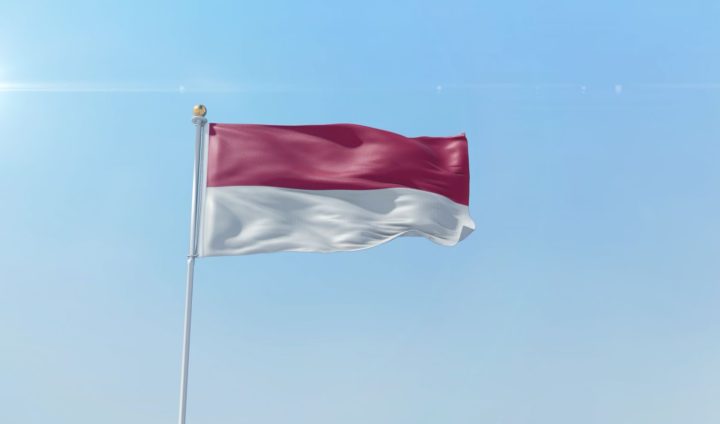Indonesia is gearing up for a legal challenge against Israel’s occupation of Palestine, as announced by Foreign Minister Retno Marsudi on Tuesday. The International Court of Justice (ICJ), is set to conduct public hearings on February 19 at The Hague. During these proceedings, involved parties will present their perspectives on the legal ramifications of Israel’s occupation of Palestinian territories. In December 2022, the UN General Assembly passed a resolution requesting the ICJ’s advisory opinion, a move that gained support from Indonesia. Marsudi emphasised the importance of upholding international law, citing the need to expose Israel’s perceived violations against Palestine.
The ICJ is expected to issue a non-binding advisory opinion following the hearings, and Marsudi asserted that Indonesia backs the General Assembly’s initiative. She stressed the necessity of constructing a comprehensive legal stance to highlight what she referred to as Israel’s blatant disregard for international law in its actions, including the annexation of Palestinian territories, settlements in the West Bank, and alterations to the status of Jerusalem. Marsudi, ahead of discussions with international law experts in Jakarta, expressed that these deliberations aim not only to bolster Indonesia’s diplomatic efforts but also to reinforce global order in accordance with international law and support the Palestinian pursuit of independence.
Indonesia, with a firm commitment to the cause, stands as a staunch supporter of Palestine. The country views Palestinian statehood as mandated by its constitution, which advocates for the eradication of colonialism. While Indonesia is not a party to the Genocide Convention, it has thrown its weight behind South Africa’s case, accusing Israel of “genocidal acts” in Gaza. Marsudi clarified that Indonesia’s primary objective is to explore all available avenues to continue backing the Palestinian struggle for self-determination, even if it is not directly involved in the Genocide Convention case at The Hague.







